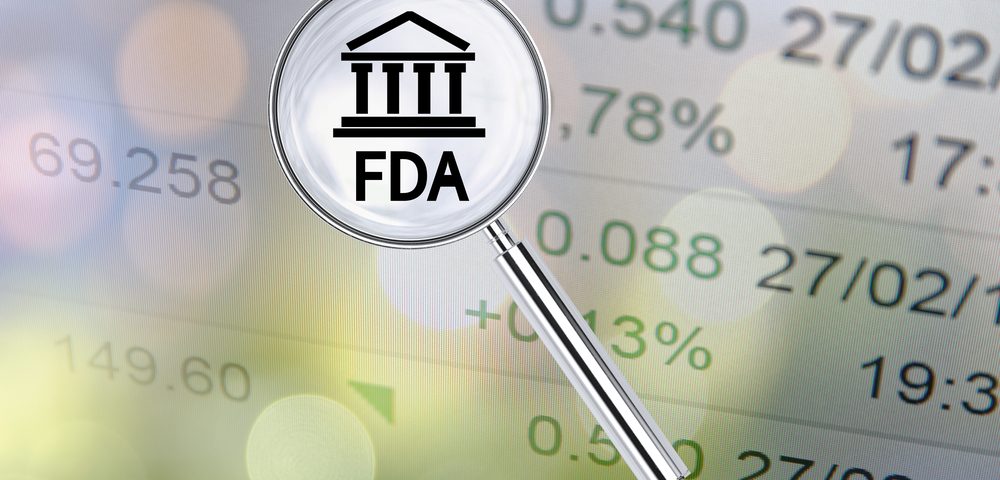The U.S. Food and Drug Administration (FDA) has designated umbralisib (TGR-1202), by TG Therapeutics, a breakthrough therapy as a possible treatment for adults with marginal zone lymphoma (MZL) who did not respond to at least one anti-CD20 therapy.
Breakthrough therapy designation is intended to accelerate the development and review of medicines that may treat serious or life-threatening diseases, and have shown evidence in clinical studies of substantial improvement over existing options. The program often more extensive FDA guidance throughout treatment development — such as ensuring efficient design of clinical trials — and eligibility for priority review.
“MZL patients who fail initial chemo-immunotherapy are left with limited treatment options. We believe umbralisib can play an important role in fulfilling this unmet medical need,” Michael S. Weiss, TG Therapeutic’s executive chairman and chief executive officer, said in a press release.
Umbralisib is an oral next-generation inhibitor of PI3K delta, a family of proteins important in the proliferation and survival of B-cells that can promote the development of B-cell cancers like MZL, a type of non-Hodgkin’s lymphoma.
Other PI3K delta inhibitors — including two approved treatments, Zydelig (idelalisib) and Copiktra (duvelisib) — are often associated with serious side effects, including elevated liver enzymes, diarrhea/colitis, and pneumonitis, that can arise long after patients have started them. Umbralisib aims to block, or inhibit, the isoform (variant) p110 delta with better selectivity, and possibly greater tolerability.
The FDA’s action was based on interim data from the MZL patient group treated in the ongoing UNITY-NHL Phase 2b (NCT02793583) trial. Trial data has not been released, and results are expected by mid-2019.
UNITY-NHL is testing umbralisib, alone or in combination with other treatments, in non-Hodgkin’s lymphoma patients who either failed to respond to at least one prior line of therapy, relapsed after that therapy, and are not candidates for high-dose chemotherapy and a stem cell transplant.
In total, 500 patients will be randomized in one of three groups: one receiving umbralisib only; one given umbralisib plus another CD20 antibody under development by the company, ublituximab; and one treated with umbralisib, ublituximab, and the chemotherapy bendamustine.
The study’s primary goal is the proportion of patients responding to treatment. A secondary measure includes the time patients go without disease worsening.
“The MZL single agent umbralisib cohort of the UNITY-NHL study is fully enrolled and we look forward to reporting top-line results from this cohort by mid-year and presenting the data at a major medical meeting in 2019,” Weiss said, adding. “We look forward to working closely with the FDA to bring umbralisib … to patients as quickly as possible.”
A 2018 pooled analysis from five clinical trials showed that umbralisib had a better long-term safety profile than equivalent treatments for advanced leukemia and lymphoma patients.
Adverse events that were frequent in other PI3K delta therapies were seen to be uncommon in patients treated with umbralisib, including high levels of liver enzymes (8.6%), colitis (1.4%), and pneumonitis (1.4%).The analysis also found that umbralisib can be safely combined with multiple agents to treat lymphoid malignancies.


